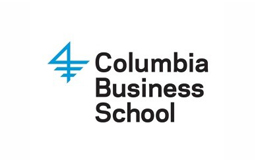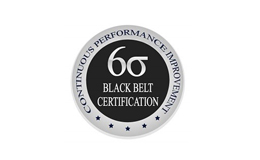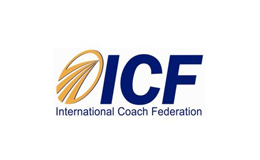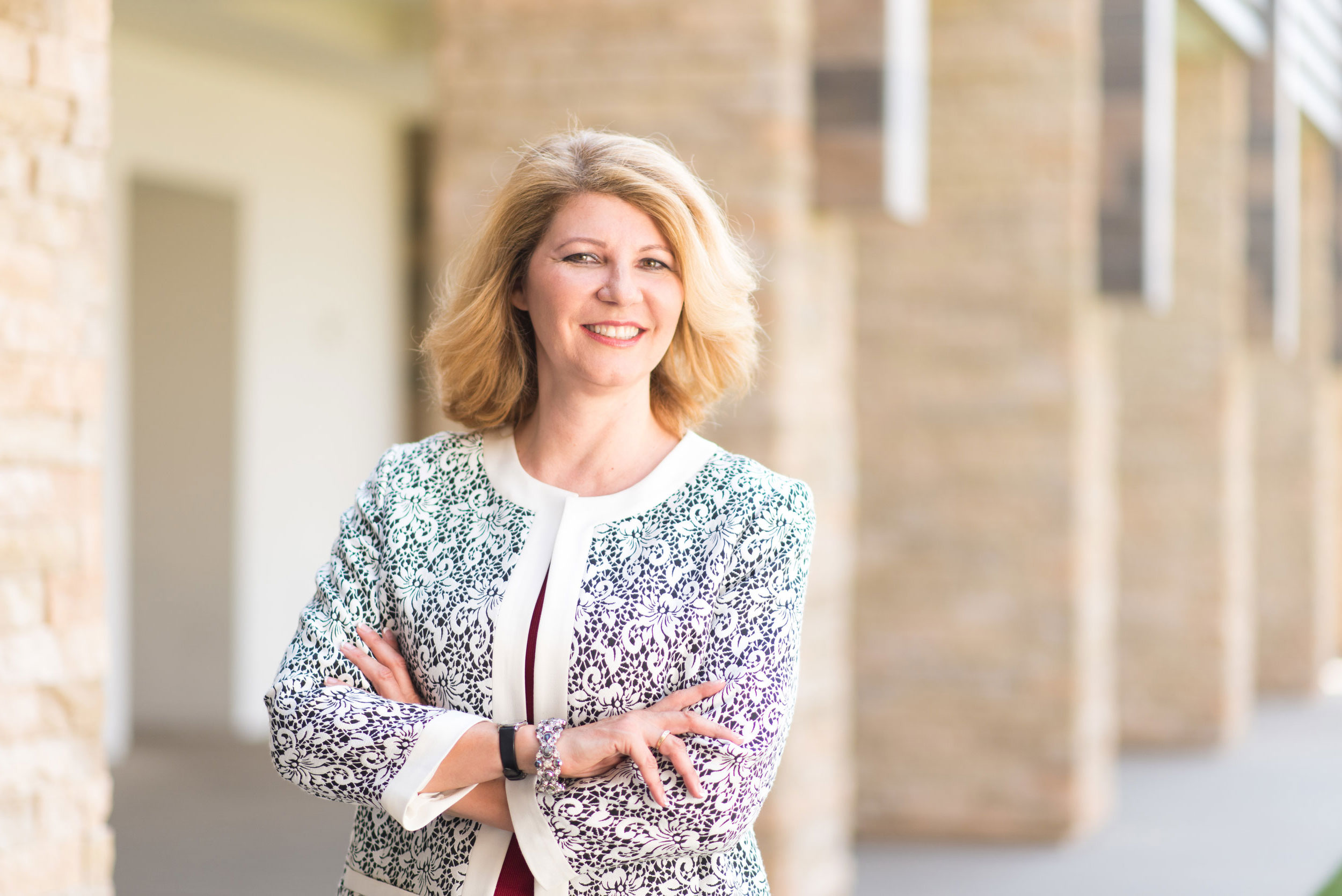Edith Hamilton | Executive Coaching and Consulting
I create value at the intersection of private equity and CFO (or COO) leadership, combining my background in finance, operations, process improvement, and business development with executive coaching and consulting skills groomed by top coaches in the industry — and top execs in real life.
Specializing in the healthcare, information technology, transport and service sectors, I help CFOs and COOs who are facing increased expectations, expanding responsibilities or new challenges to build additional key skills that produce personal, team and organizational success. I work primarily with executives who are on point to deliver the growth, process improvements and cost savings that generate high multiples.



















